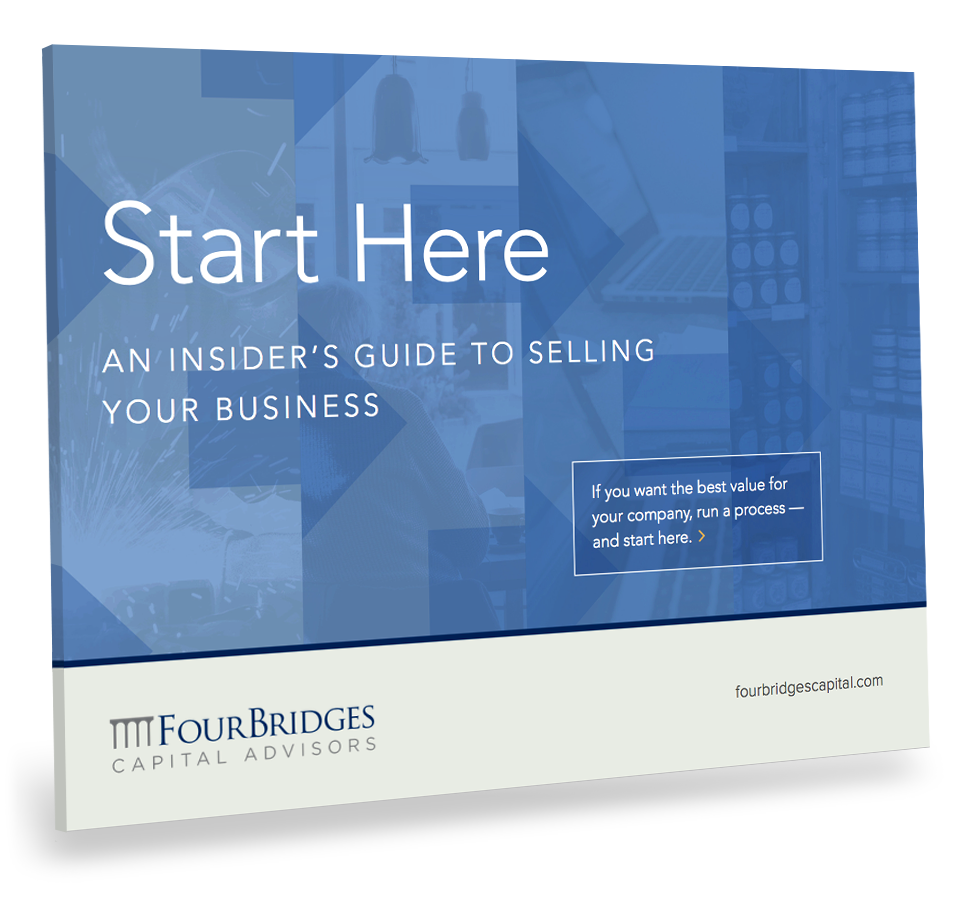Insights & News
3 Biggest Mistakes Biz Sellers Should Avoid in 2023
There’s a lot of uncertainty about what 2023 will bring for business owners across a range of industries. Will there be a recession? Are we already in one? How will inflation and rising interest rates affect my business? And the big one: Is it a good time to sell my business?
For those that are thinking of selling their business this year, these are especially loaded questions. Making the wrong decision can cost you dearly, and navigating the uncertain waters of 2023 can seem daunting, to say the least.
Here are three mistakes to avoid if you’re thinking of selling your business in 2023.
Mistake #1: Deciding Not to Sell
The instinct to sit on the sidelines due to recession fears is certainly understandable. But you may miss out on some highly qualified buyers if you opt out of putting your business on the market in 2023. Why? There’s still a lot of dry powder out there, which is another name for cash raised by investors that has yet to be spent — and must be invested within a certain timeframe.
An immense amount of capital has been raised over the past few years. Looking at the numbers, Pitchbook estimates that there was $1,700 billion of capital raised by private equity funds at the end of 2019; $1,900 billion at the end of 2020; and $2,100 billion at the end of 2021. The good news for sellers? After holding that raised capital for a short time, private equity firms are HEAVILY incentivized to deploy it.
Bottom line, there’s a lot of money out there that’s currently burning a hole in the pockets of private equity firms. There will likely be a slowdown in the amount of capital raised this year, so sitting on the sidelines now could mean fewer sales opportunities later.
Mistake #2: Failing to Get Your Financials in Order
We’ve talked plenty about the importance of getting your financials in order before selling your business, but it bears repeating — especially in a year like 2023. Shoring up your income statement, balance sheet, and cash flow statements is more than just busywork. It can save you significant time, money, and headaches during the sales process. Financial documents that are inaccurate (or incomplete) can torpedo a sale, lower the sales price, or even scare off a buyer entirely.
Nothing raises a red flag for a buyer faster than questionable financials, and that lack of confidence can cost you. The more risk that a buyer associates with your business, the less capital they’ll be willing to invest in the purchase. It pays to give special attention to potentially tricky areas like cost of goods sold, inventory, and accrued expenses; learn how to avoid common pitfalls here.
Hiring a CPA firm with expertise in your industry will pay dividends when you’re ready to put your business on the market. A good CPA will help you identify and correct potential issues, and develop an invaluable chart of accounts that’s customized to your business.
Mistake #3: Taking a DIY Approach to Selling Your Business
We may be a bit biased on this one, but we’ll be the first to say that there are times when it makes sense to go it alone when selling your business. If you’re selling to a family member, or even an employee, you likely won’t need the expertise of an advisor to help you market or pitch your business, much less find buyers or field offers. And if it’s a distressed sale that includes unpaid business liabilities, it’s simply not practical to invest in an advisor.
Beyond that, there are few instances where hiring an investment banker or M&A advisor isn’t the smartest approach. An advisor can help you determine the best time to sell your business, establish what your company is worth, and increase your business’s value for a sale. It’s also their job to drum up some competition to increase your purchase price.
Consider that an experienced advisor has numerous closed deals under their belt, while this is likely the first business sale you’ve ever entered. Even if you already have an offer on the table, you could likely get a much better one with an advisor’s help. There’s also the matter of optics. As a managing partner at a private equity firm once said, “If we’re negotiating with an owner, and he doesn’t have a seasoned advisor it’s probably not the first bad decision he’s made.”
The best advisors will find not just any buyer, but the one that’s the best fit and helps you achieve your specific goals, financial and otherwise. Equally important, bringing in an advisor gives you time to actually run your business while they do the heavy lifting that’s involved in a sale, which might as well be a second full-time job.
Ready to sell in 2023? Avoid the mistakes above and take a deep dive into our comprehensive guide to selling your business to get started. Questions? Don’t hesitate to reach out for advice and assistance from our experienced team at FourBridges.
